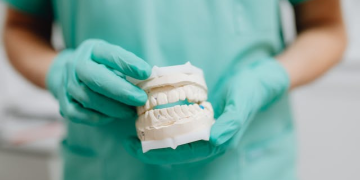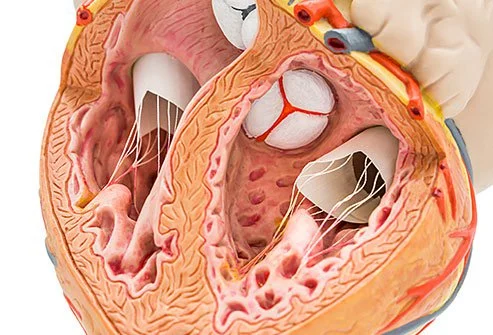The aortic valve and the mitral valve are the valves that are most frequently replaced. Pulmonary and tricuspid valve replacement is quite rare in adults.
How much does heart valve replacement surgery cost with the best hospitals and top surgeons in India?
The heart valve replacement cost in India is usually part of the cost of the same procedure and treatment in the United States and other developed countries.
Prices may vary depending on the patient’s diagnosis and condition, as well as the facilities available.
And if you compare the same with developed countries, the cost of this treatment is often double that of India.
Replacing the narrow valve:
The most common surgical procedure for aortic stenosis, or aortic valve stenosis, is aortic valve replacement. Mitral stenosis is another condition that may require valve replacement or repair.
Replacing a leaky valve:
Aortic regurgitation (sometimes referred to as aortic regurgitation) is another common valve problem that may require valve replacement. Regurgitation is when a valve allows blood to flow back through the valve and into the heart instead of moving it back and forth toward the body. Aortic regurgitation can eventually lead to heart failure.
Mitral regurgitation may also require valve replacement. In this condition, the mitral valve allows oxygen-rich blood to flow back into the lungs instead of continuing to flow through the heart as it should. People with this condition may experience shortness of breath, irregular heartbeat, and chest pain.
Surgical valve replacement options include:
Mechanical Valves – Durable valves made of durable materials
Tissue flap (which may contain human or animal donor tissue)
Ross procedure – “Borrow” your healthy valve and move it to the position of the damaged aortic valve and replace the “filled” valve with a new one.
TAVI / TAVR Procedure – Transcatheter Aortic Valve Implantation / Transcatheter Aortic Valve Replacement
New surgical options
The procedure chosen depends on the valve to be replaced, the severity of the symptoms, and the risks of surgery. Some procedures may require long-term medication to prevent blood clots.
Risk
- The risks of each operation are:
- Bleeding
- Blood clots in the legs that can travel to the lungs
- hard to breath
- Infections, including in the lungs, kidneys, bladder, chest, or heart valves
- drug reaction
Other risks vary depending on the age of the person. Some of these risks are:
- Damage to other organs, nerves or bones
- heart attack, stroke or death
- new valve infection
- kidney failure
- Irregular heartbeat that needs to be treated with medication or a pacemaker
- Poor wound healing
- Dead
Before the procedure
Always tell your doctor:
- If you are or may be pregnant
- What medications do you take, including over-the-counter medicines, supplements, or herbs?
You may be able to store blood in a blood bank for transfusion during and after surgery. Ask your provider how you and your family can donate blood.
In the week leading up to surgery, you may be asked to stop taking medications that make it difficult for your blood to clot. They can cause increased bleeding during surgery.
Some of these include aspirin, ibuprofen (Advil, Motrin), and naproxen (Aleve, Naprosyn).
If you are taking warfarin (Coumadin) or clopidogrel (Plavix), talk to your surgeon before stopping or changing your use of these medicines.
In the days before surgery:
Ask what medications you still need to take on the day of surgery.
If you smoke, you must quit. Ask your provider for help.
Always tell your caregiver before surgery if you have a cold, flu, fever, herpes, or other illness.
Prepare your home when you return from the hospital.
Shower and wash your hair the day before surgery. You may need to wash the bottom of your neck with a special soap. Rub your breasts with this soap 2 or 3 times. You may also be asked to take antibiotics to prevent infection.
On the day of your operation:
You may be asked not to drink or eat anything after midnight on the night before surgery. This includes using chewing gum and mint. Rinse your mouth with water if you feel dry. Be careful not to swallow it.
Take the prescribed medication with a sip of water.
You will be notified when you need to arrive at the hospital.


























































